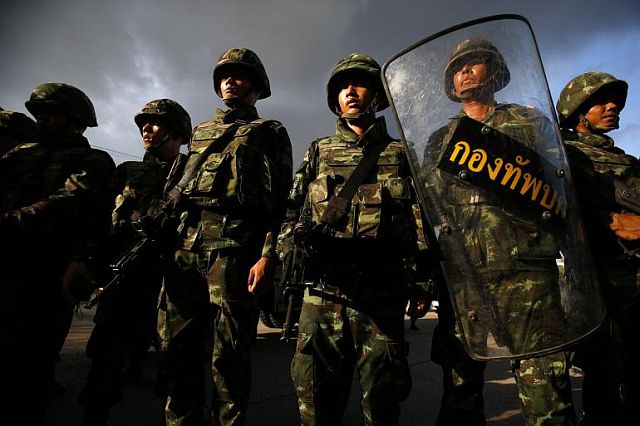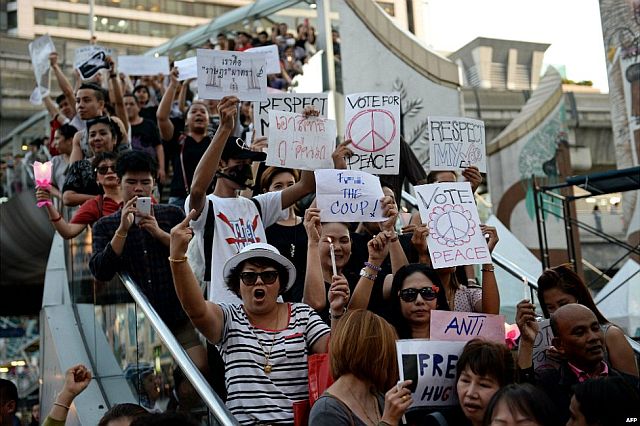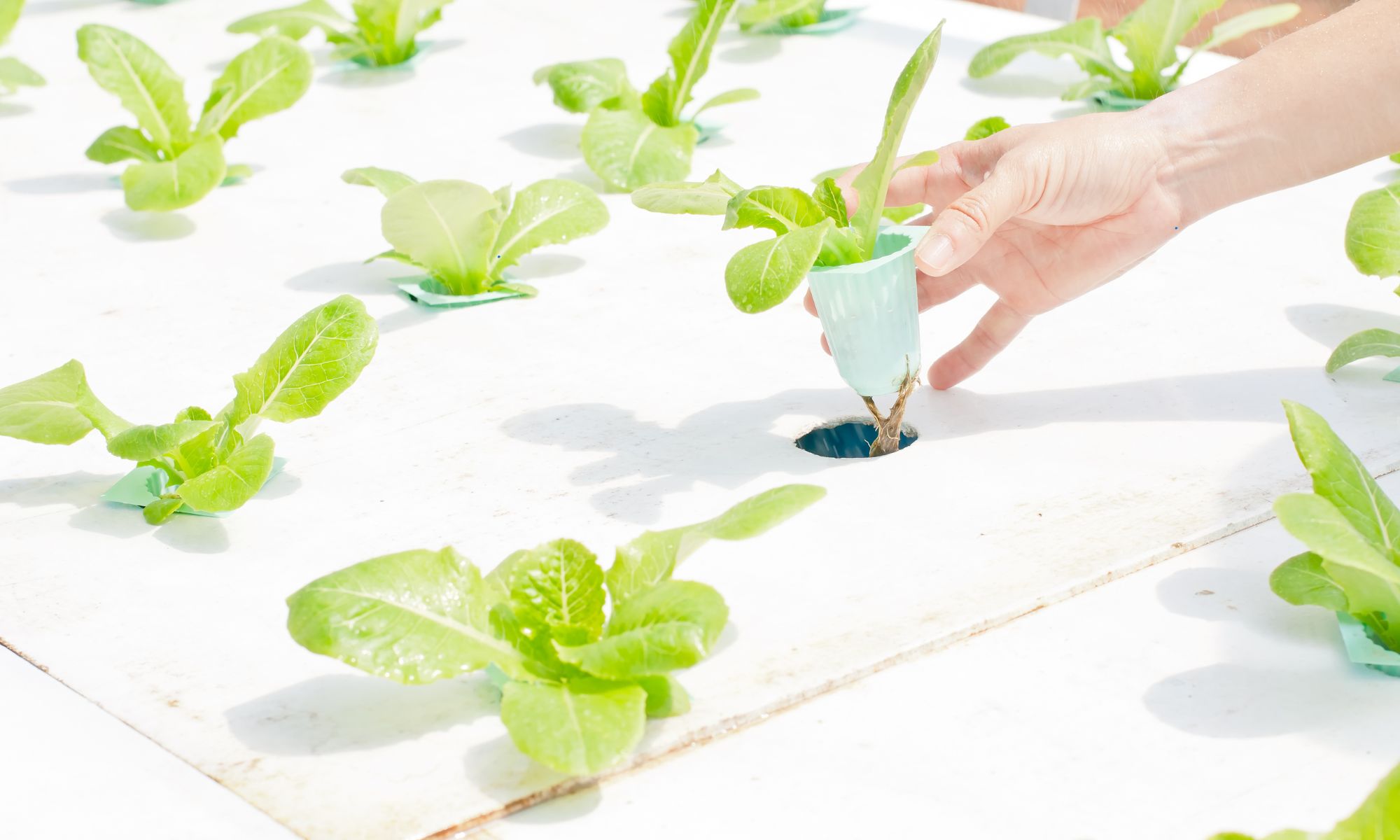It’s nearly two years since we moved to Bangkok. I don’t think we would have made the move if the events of the last week or so had happened in the run up to us leaving London.
 Julia Knight-Williams is a Curriculum, Planning and Pastoral Delivery KS Coordinator at a Preparatory School in Thailand.
Julia Knight-Williams is a Curriculum, Planning and Pastoral Delivery KS Coordinator at a Preparatory School in Thailand.
I have been watching the news about the coup from different angles, reading Twitter feeds and the various takes on the reasons behind it. I make no claim to understand the policies or politics which led to the army coup but what I do wonder is the effect it will have on the reputation of Thailand as a hub for SE Asia. Some have said it will have little effect, tourism will pick up and Thailand will go back to its rightful claim as the destination of choice for holiday makers. Except it isn’t just the tourism industry that will be damaged.
Family concerns
The military are on the television, they are set out before the public in their regalia, more reminiscent of a North Korean regime than a democratised middle income country. My mum called me, alarmed to check that my small family are ok. And I could understand why she was fearful. I tuned into the BBC news via Expat TV and watched the coverage (the local cable channels cut off BBC and CNN).
The images of empty Bangkok streets, armoured vehicles and personnel on the roads was frightening. I tried to explain that my village was as sleepy and as safe as ever and that my biggest worry was how to water the garden with a fractured foot. She told me not to make light of the situation and to think seriously about coming home.

Reuters / Athit Perawongmetha
Twitter provided rumours about the suspension of internet and a crack down on social media. It reminded me of the 2011 riots in London, it stirred up paranoia and stoked the fires of fear. But I am a little more aged toward Twitter and when pictures from the 2010 protests surfaced I knew to research rather than retweet.
Media attention
Sky news, the BBC, ABC Australia and NHK World from Japan all took slightly different takes on the view, with the BBC being far more dramatic than the others. I watched a measured response from the Ambassador, Mark Kent which contrasted with the advice being given by the US consulate. For tourists and holiday makers, the decision to come or not to come must be terribly confusing. Japanese news network, NHK World centred on the economic impact of the coup and how businesses such as Toyota and Honda would respond especially as they were still feeling the effects of the flooding.

AFP
UK teachers who are considering resigning have got until 31st May to hand their notice in and for some, the May half term deadline has already passed. Insurance companies won’t pay out for travel or medical expenses during a coup. So what do you do if you are about to relocate to Thailand for a teaching job?
Second thoughts
We probably wouldn’t have come. We would have thought twice before we got on the plane to the unknown especially with an 18 month old baby in tow. Even though I know the pictures being broadcast are highly dramatised, I don’t think I would have taken that risk because there is an underlying uneasiness of ‘what if?’. This is the ripple effect of the coup and those ripples are evermore increasing as Thailand has more to lose now than ever before.
So it won’t just be tourism that is affected by the Thai Coup, it will be schools, businesses and the world’s confidence. Thailand receives a significant amount of aid from the IMF and other global contributors; they will not accept the excuse that ‘this is Thailand’ for much longer. Thailand needs to realise that with every political protest and civilian unrest, it allows its neighbours to take the lead in economic matters which will greatly impact on its future.
This blog post was first published on ajarn on 27th May.
Read Julia’s other posts about living and working in Thailand.




